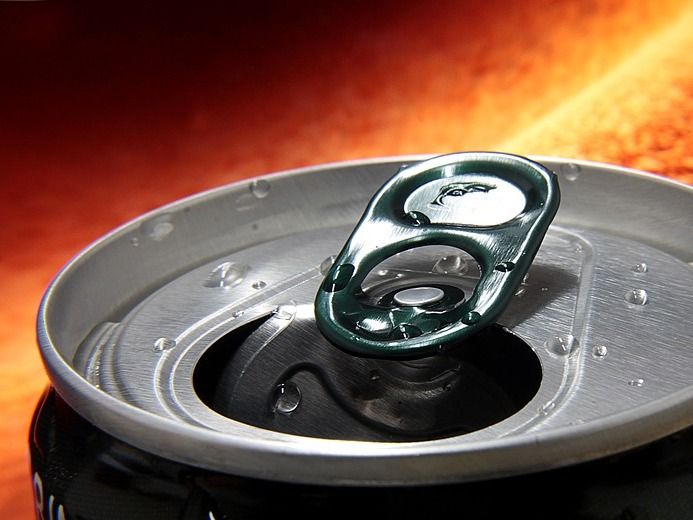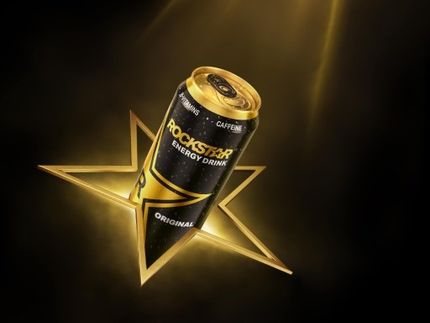3 ways to tackle health concerns about energy drinks
According to Mintel estimates, the energy drinks market in China has been experiencing explosive growth in recent years. However, it is still lagging behind other global energy drink markets. In fact, Chinese consumers’ volume consumption of energy drinks is only slightly over a tenth of that of US consumers, showing great potential for the category to grow further in the coming years.

Gadini/ Pixabay
Today, Chinese consumers are leading increasingly fast-paced lifestyles and more and more Chinese companies have started to adopt longer working hours. As a result, consumers are in need of food and drink products that help them refuel energy and get through their intensive work schedule.
Indeed, energy drinks have great potential in this area as they are seen as a solution that can help with busy and hectic lifestyles by boosting energy levels, for instance.
However, concerns over energy drinks are impeding the development of the category in China. According to Mintel research, Chinese consumers think that sports drinks contain too many artificial additives, are concerned about the side effects caused by functional drinks, and find energy drinks too sweet. As such, players in the market are challenged to overcome these barriers.
Natural ingredients offer more appeal
Mintel Trend ‘Bannedwagon’ highlights how consumers’ interest in natural, organic and non-processed products is rising, and this interest applies to energy drinks. Mintel research shows that 43% of Chinese consumers want energy drinks that are made with natural ingredients. A more natural energy drink may resonate with consumers given its healthy appeal. Uni-President, for instance, relaunched its plant-based energy drink Gou Ran earlier this year, having spotted consumers’ need for a natural and healthy energy drink.
Taking inspiration from traditional recipes
Traditional or ancient recipes offer another source of inspiration for creating healthy and natural energy drinks. For example, ingredients from traditional Chinese medicine (TCM) such as ginseng, astragalus and ganoderma are all known for boosting energy from the inside out. There are opportunities to modernise these traditional or ancient recipes into energy drinks that provide consumers with a natural energy boost.
Natural drinks to enter the energy drink space
As energy drinks go natural, there are also opportunities for natural drinks entering the energy drink space. The juice category, for instance, can consider leveraging herbal or fruit ingredients as a natural energy boost to mitigate the category’s recent decline. Juice brands can consider entering the functional space based on the category’s association with naturalness and health. In addition, juices are already perceived as a natural source for nutrition, vitamins and fibre, which can drive consumers’ interest for purchasing.
Most read news
Other news from the department business & finance

Get the food & beverage industry in your inbox
By submitting this form you agree that LUMITOS AG will send you the newsletter(s) selected above by email. Your data will not be passed on to third parties. Your data will be stored and processed in accordance with our data protection regulations. LUMITOS may contact you by email for the purpose of advertising or market and opinion surveys. You can revoke your consent at any time without giving reasons to LUMITOS AG, Ernst-Augustin-Str. 2, 12489 Berlin, Germany or by e-mail at revoke@lumitos.com with effect for the future. In addition, each email contains a link to unsubscribe from the corresponding newsletter.
































































